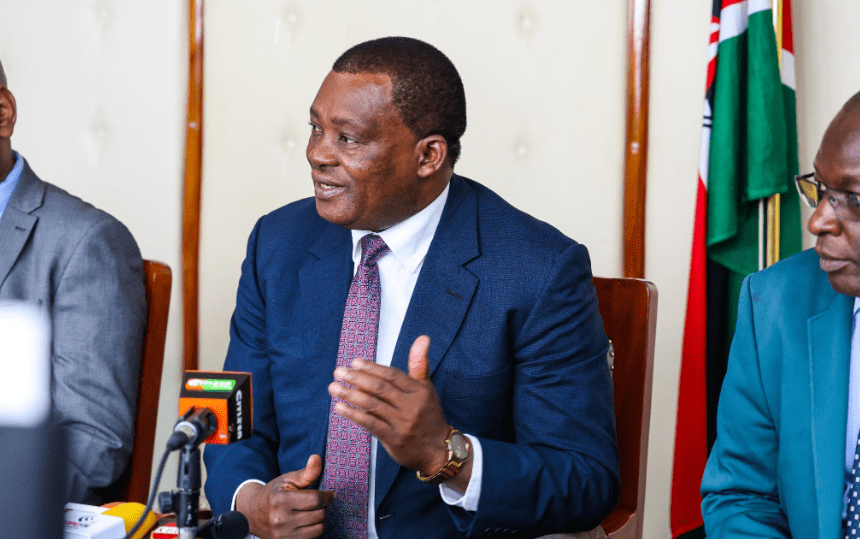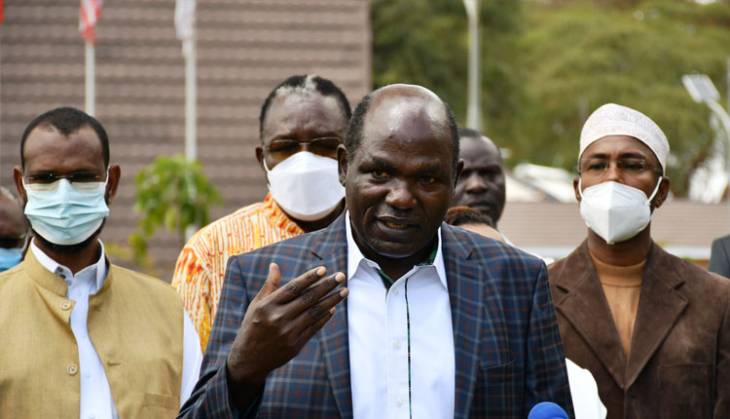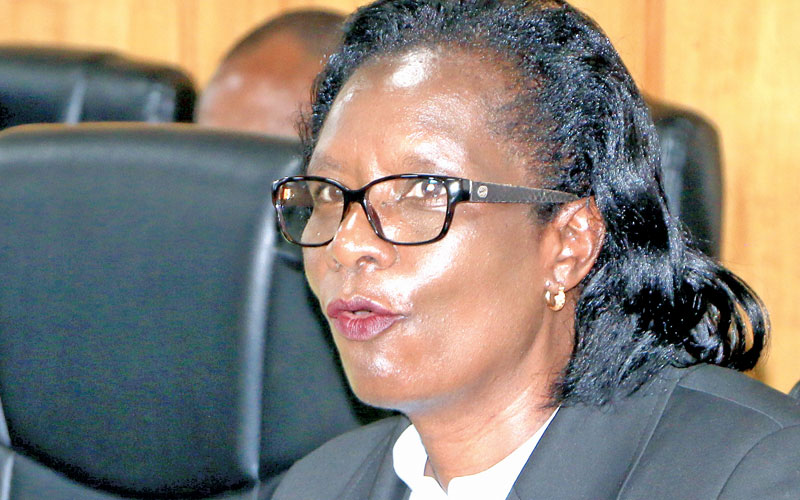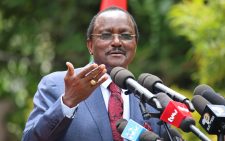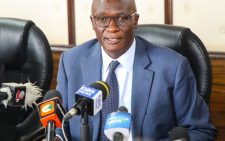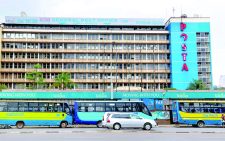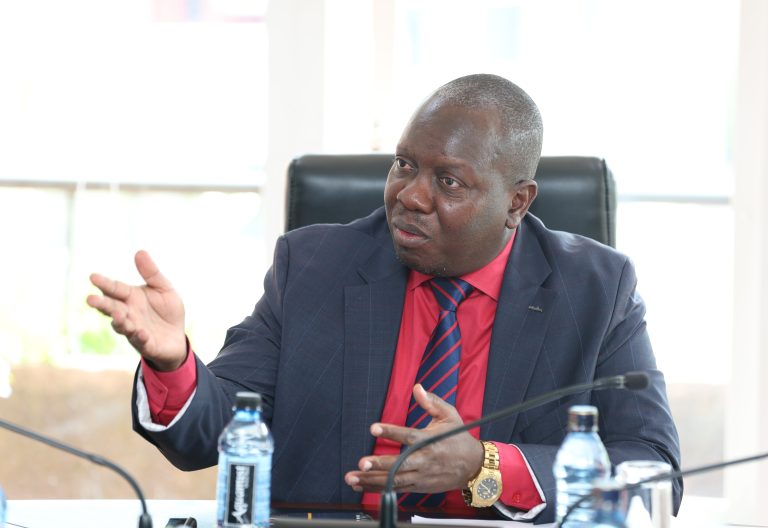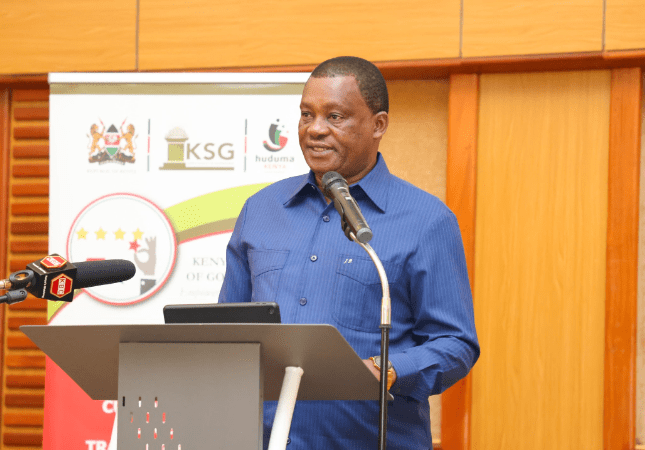Civil servants to feel pinch of Ruto’s Ksh300b budget cut
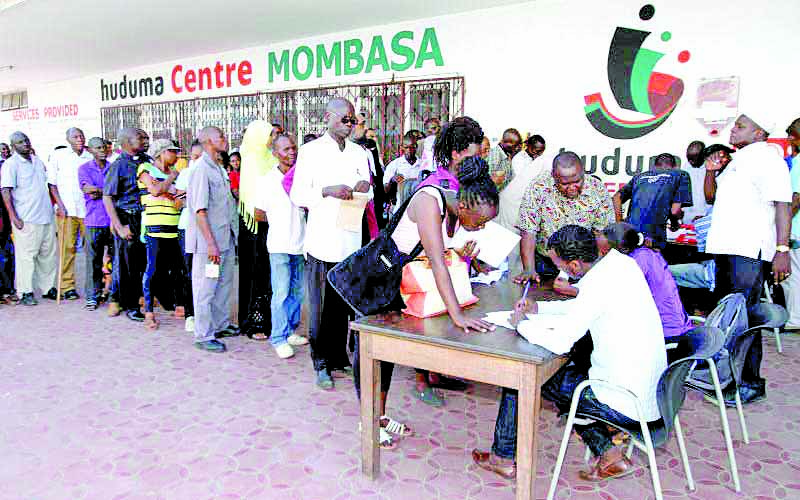
The Kenya Kwanza government has embarked on aggressive cost-cutting measures as part of President William Ruto’s resolve to reduce spending by Sh300 billion between now and June next year.
The new arrangement, whose effects are already reverberating among the more than 700,000 civil servants, includes stringent restrictions on hiring and halting of new projects.
And for the first time in recent times, police are also expected to feel the pinch of the budget cuts after senior officers were asked to reduce trips using their official vehicles to cut on fuel consumption. Police bosses have also been told not to use their official vehicles for private trips.
And in what could be a far-reaching move, police commanders have been directed to strictly follow government regulations in paying allowances. They have also been told to reduce the allocation of airtime by 25 per cent, postpone all refurbishment of buildings, and freeze the purchase of office furniture and other institutional equipment.
Although the President has promised to have police independently manage their allocation, sources told People Daily that the amount traditionally allocated for operations has been slashed considerably in line with the cost-cutting measures across all government agencies.
Already, the National Treasury has issued guidelines on the cost-cutting measures that would see thousands of public officers being denied some of the lucrative allowances that they have traditionally enjoyed.
Suppliers hit
With immediate effect, the government has banned all local and foreign travel, allowances such as lunch and night outs, supplies for office essentials, workshops and training.
Government offices and institutions that have been sourcing food, drinks, snacks and water from hotels and other eateries have been ordered to stop at once after the hospitality supplies and services were stopped.
This is likely to hit suppliers who had a ready market for such supplies.
All government offices have also been ordered to cut back on advertising and printing to a minimum, cut office tea impress by 50 per cent, cut temporary interests issued for buying tea and snacks during meetings and reduce to a minimum expenditure on office stationery.
Some of the measures are likely to impact the government delivery of services to Kenyans, in particular, after the State said it would do away with stationery supplies and instead advised civil servants to adopt email as the preferred mode of communication.
This, according to sources, may affect service delivery given that many government offices lack computers, and those that have them are not necessarily connected to Internet services.
The issue could be compounded further by the fact that the majority of Kenyans in rural areas do not have email addresses.
Foreign training
Under the training facility, all civil servants apparently benefitting from government academic sponsorship for their certificate, undergraduate, master or PhD studies will henceforth be on their own as all local and foreign training has been put on hold.
In a communication from the National Treasury dated November 1, outgoing Principal Secretary Julius Muia told civil servants to prepare for the budget cuts that would affect various projects that have low absorption rates and those that have challenges in implementation.
“The National Treasury has complied with the requirement and thus constrained the FY 2022/23 budget. Subsequently, it has become inevitable to cut down on some activities and effect the following measures to manage expenditures,” Muia said in the memo.
Consequently, all government meetings and task force engagements will have to be conducted in boardrooms unlike in the previous circumstances where ministries, departments and agencies used to hire hotels and other upmarket conference halls from where they used to hold their retreats.
Approvals to all new trainings, purchases for office furniture, fittings, computers and ICT materials have been suspended indefinitely.
“Stop all non-essential travel on both domestic and foreign travel, postpone all new projects and those with implementation challenges like stalled projects and stop payment of all meal and facilitation allowances,” said the memo.
Requisition for lunch will remain limited while approvals for workshops and retreats will remain embargoed unless in exceptional circumstances.
“All directorates, departments and units are, therefore, requested to comply to ensure no commitments are made without supporting funding in line with the Public Finance Management Act and its regulations,” the memo says.
“For the approval of any activity including those supported under donor framework, there has to be a demonstration of sufficient funding under the appropriate budget head.”
Inflated pay
The directive coincided with the implementation of new guidelines issued by the Salaries and Remuneration Commission (SRC) that cap civil servants’ allowances at a maximum of 40 per cent of a public worker’s gross pay, a departure from the current unregulated model that inflates workers’ actual take home.
There are currently over 247 remunerative and facilitative allowances payable in the public sector, which effectively double a worker’s pay and account for 48 per cent of the government’s wage bill.
In July, SRC, in a proposal to Parliament, argued for the salaries and allowances of public officers to be automatically reviewed every four years to match the cost of living.
